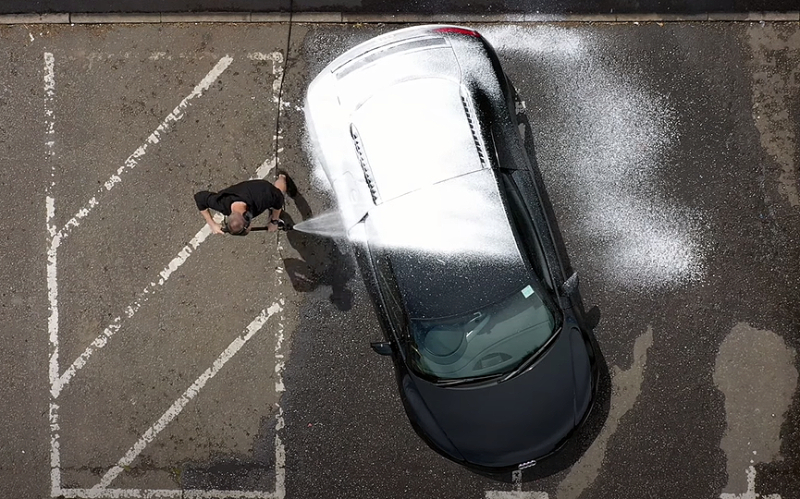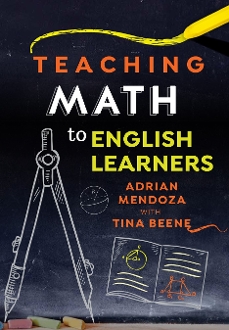
Are we losing a generation of experience across the teaching profession?
I’ve finally found a moment in the academic year to read this astonishing book by Bennie Kara and Hannah Wilson, bringing together many voices sharing personal and professional experiences of diversity, inclusion and equality. Already I am hooked!
The age of teachers across the profession
I had previously written that Diverse Educators could be one of the most important books recently published, and I think I was right! Diversity, equality and inclusion should be a conversation on the lips of every educator across the country.
On page 13, Ian Hunter discusses ageism in schools.
Did you know, the UK has twice the proportion of teachers under 30 than any other developed country, with one in 3 primary teachers (31%) aged 30 or under?
This led me to return to the Department for Education in England and look closely at the workforce statistics. Here is what the latest data suggests …
Teachers in 2010
- 60+ years = 3.1%
- 50-59 = 22
- 40-49 = 23.2
- 30-39 = 30.3
- 25-29 = 16
- Under 25 = 5.5
Teachers in 2022
- 60+ years = 2.6 (reducing each year) ⬇️
- 50-59 = 16.5 (reducing each year) ⬇️
- 40-49 = 27.5 (growing each year) ↗️
- 30-39 = 33.2 (fluctuates) ↗️
- 25-29 = 15.3 (fluctuates) ⬇️
- Under 25 = 4.9 (fluctuates) ⬇️
(Department for Education, 2022)
In my personal experience, I entered teaching as a 19-year-old and landed my first, middle leadership position at 29. It wasn’t until I was 33 that I was in senior leadership, partially responsible for 250 adults and 2,000 pupils.
After 25 years of teaching – more on average than the lifespan of most teachers (just 13 years) – I left full-time teaching at 44 years old. Of course, my story is relative to my locality and personal circumstances, but it at least gives you something to compare to.
I could still teach pupils until retirement.
What are the causes of ageism?
What are the reasons for ageism becoming an obvious issue across teaching? Is it becoming similar to the life of a footballer? That one reaches their peak in their 20/30s before retiring from the pitch to work behind the scenes and/or in a coaching capacity? There is clearly a physical factor in football …
Regarding ageism for education, is the desire to secure strong results or to work faster in a classroom context a driving factor? Maybe it’s financial, a career choice, family or workload? Perhaps as a teacher becomes wiser, they get frustrated with the system, question school policy or ‘life gets in the way’, and mortgage and child care become incompatible.
When I became a father, I (suddenly) realised that teaching was incompatible with having your own (young) children. The salary also became a conscious choice of seeking promotion or developing a side hustle to pay the bills.
There are probably a plethora of reasons and not one exclusively. Having worked with 100,000 teachers, part of my workload and wellbeing remit is to share insights from the teaching workforce, question workload and autonomy in schools, and find any links between these factors and the teachers in front of me.
Experience (or age) is something I have always been fascinated with.
We know teacher experience matters. The research and our experiences of this in our working lives are in abundance. I’ve probably met no more than one or 200 teachers on my travels who have given between 25 and 40 years of service. They are few and far between …
Pertinent questions …
Did you know that middle-aged women are over-represented in capability procedures in schools, with UPS3 teachers, Black staff and women over the age of 50 being targeted disproportionately? (NEU).
Is this indirect ageism or genuine capability? During the pandemic, older teachers were also more at risk. There is also the pay and conditions system that may also influence ageism.
The critical question is, ‘Does your school have an ageism policy?’
Schools have much to ponder and improve in recruiting, developing and managing older teachers and support staff. “Does your leadership team recognise the concerns of older colleagues?” asks Hunter, a school leader in England. He concludes:
Acknowledging the ageism may come as much from financial and management systems as it does from individual attitudes and prejudices is something we should all consider.








